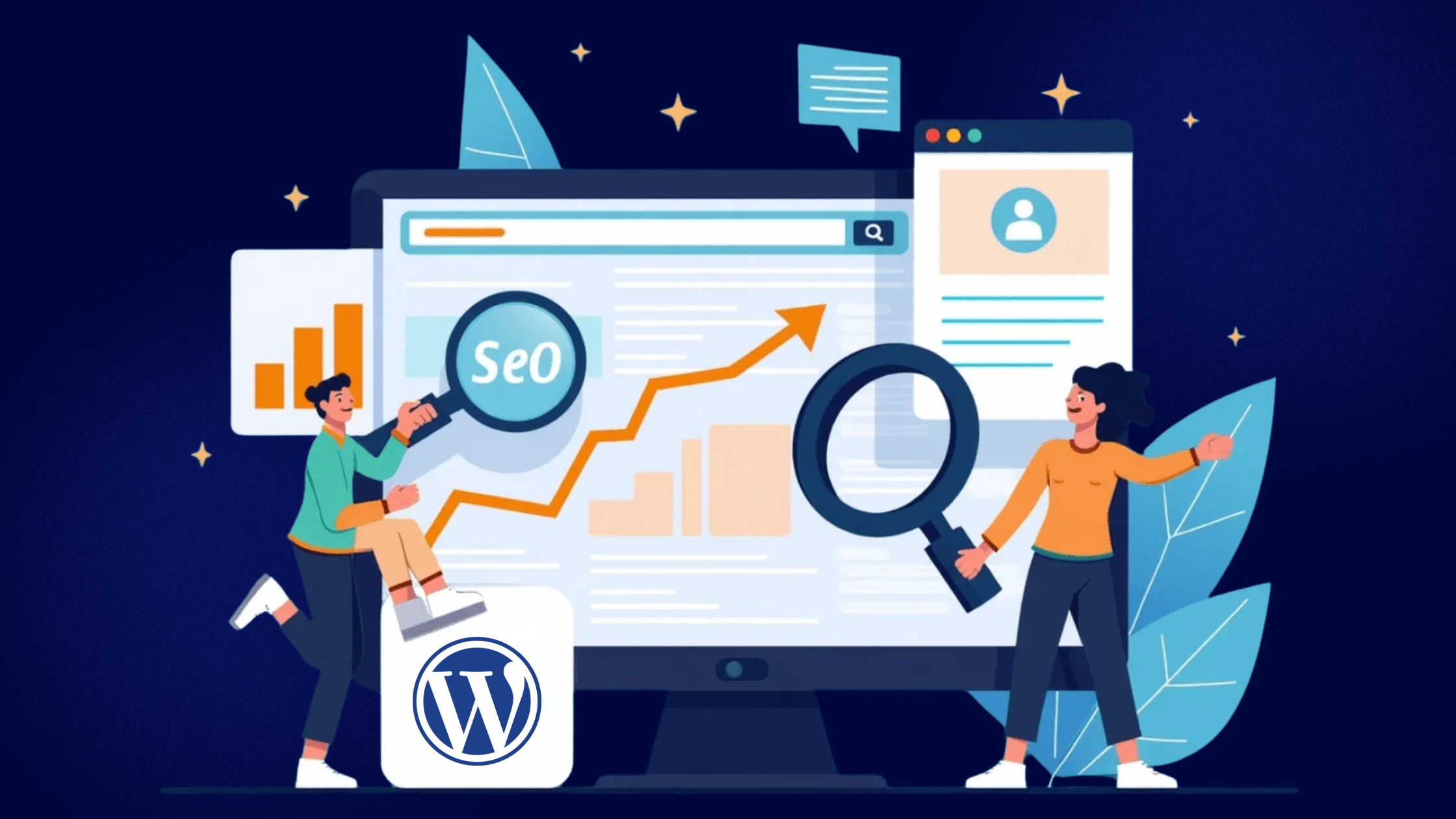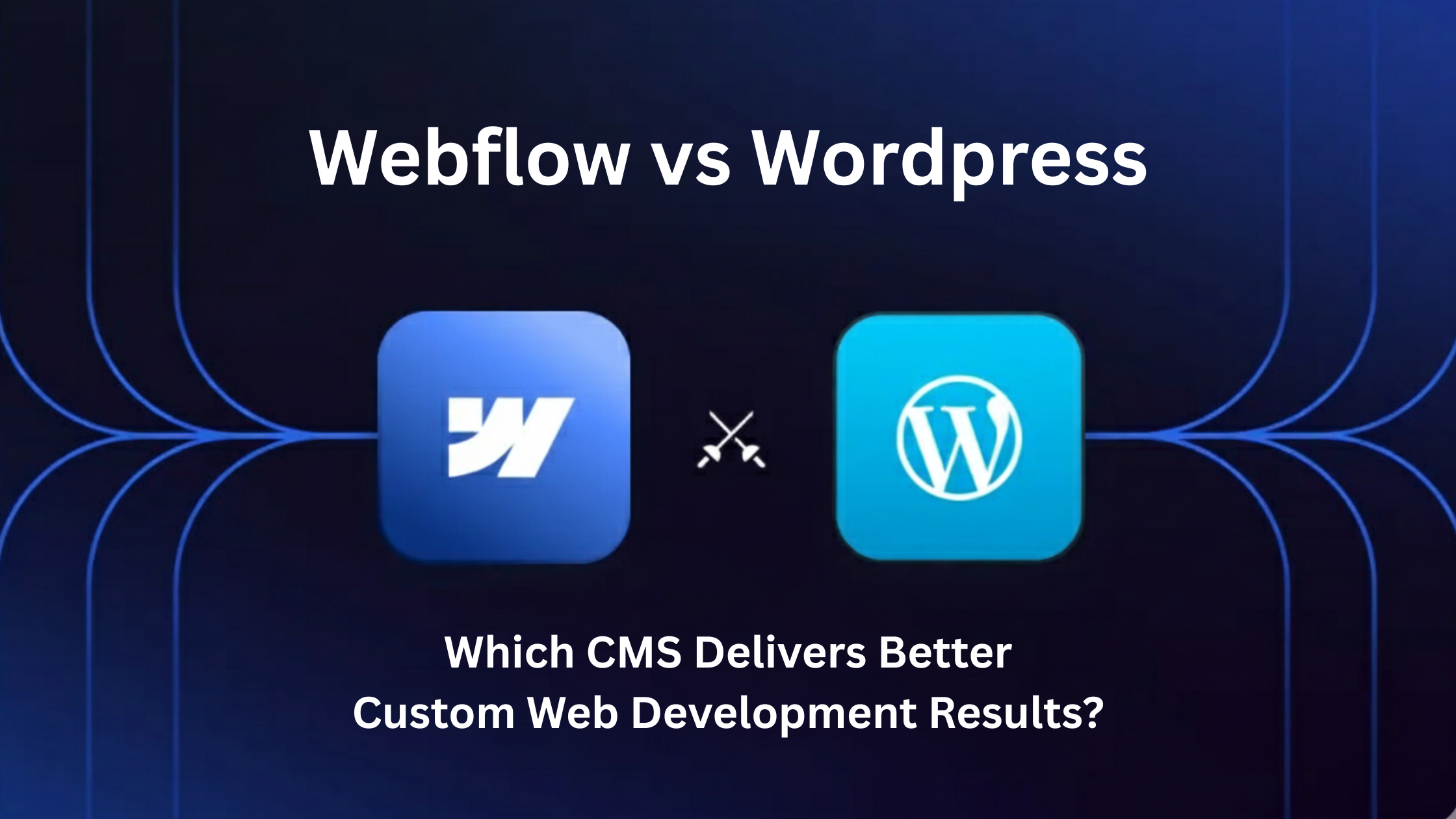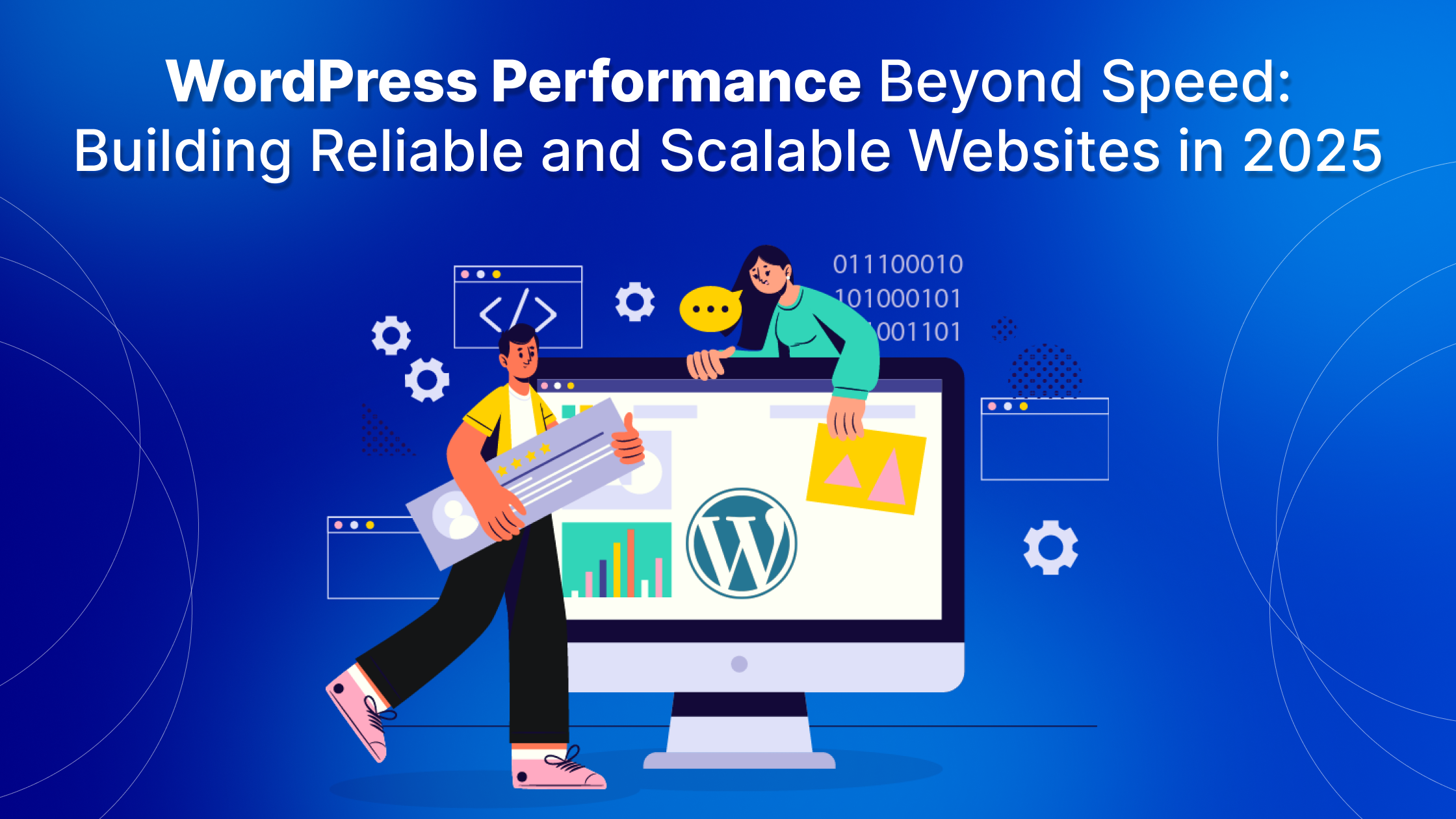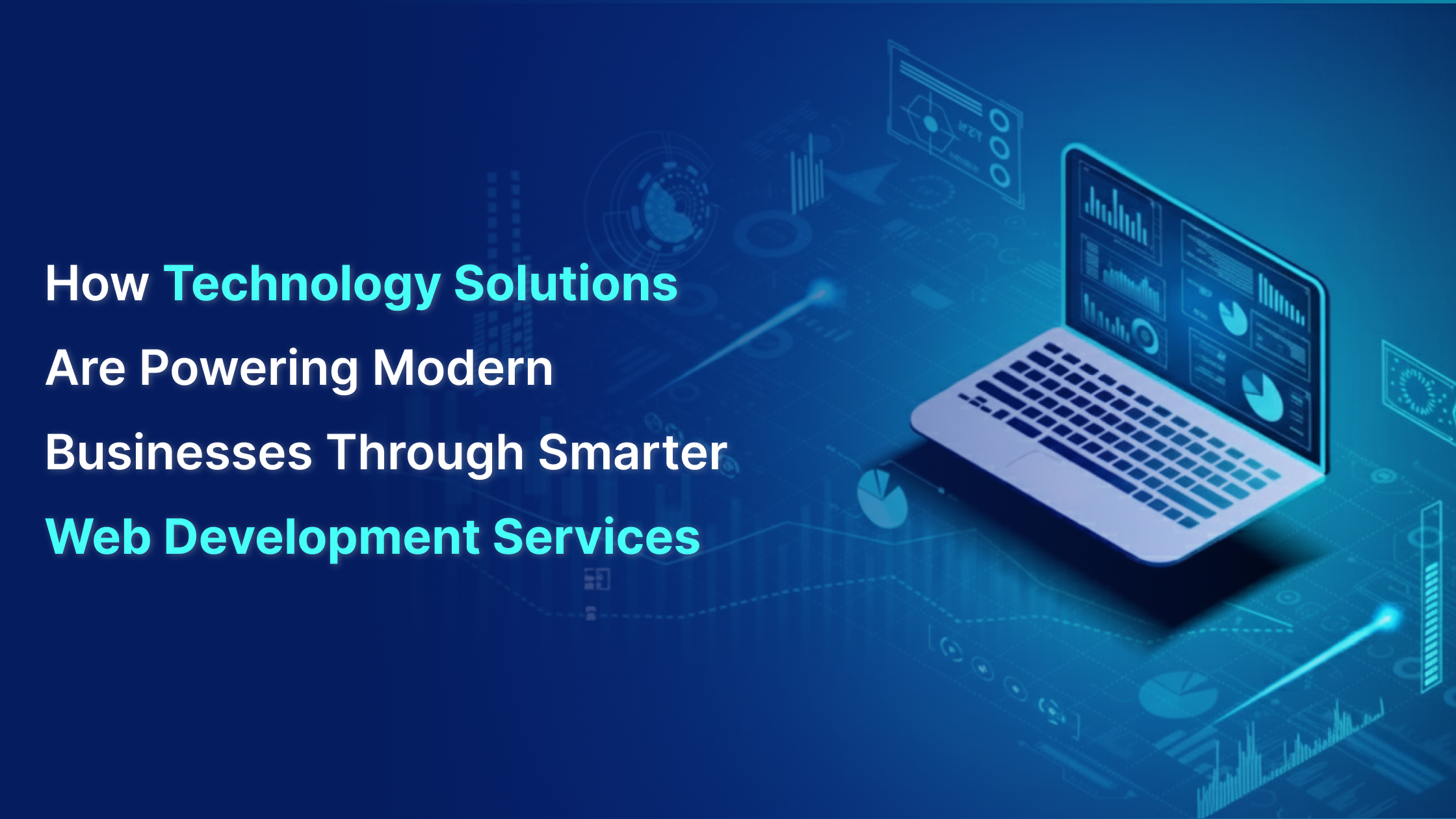As technology continues to evolve at a rapid pace, tech companies are constantly seeking ways to improve their quality assurance (QA) processes. Artificial Intelligence (AI) has emerged as a powerful tool in this arena, offering innovative solutions to enhance efficiency, accuracy, and overall product quality. In this blog post, we’ll explore ten ways AI can support quality assurance for tech companies.
1. Automated Testing at Scale
AI-powered testing tools can significantly expand the scope and scale of software testing:
a) Test Case Generation: AI algorithms can analyze application structures and automatically generate comprehensive test cases, covering a wider range of scenarios than manual methods.
b) Parallel Execution: AI can manage and execute thousands of test cases simultaneously across different environments and configurations.
c) Continuous Testing: AI enables continuous testing throughout the development lifecycle, providing instant feedback to developers.
By leveraging AI for automated testing, tech companies can achieve more thorough test coverage in less time, leading to higher quality software releases.
2. Predictive Analytics for Bug Detection
AI’s predictive capabilities can help identify potential bugs before they become issues:
a) Pattern Recognition: Machine learning models can analyze historical data to identify patterns that often lead to bugs.
b) Risk Assessment: AI can assess the risk level of different code changes, helping QA teams prioritize their testing efforts.
c) Early Warning System: By integrating with development tools, AI can alert developers to potential issues as they write code.
This proactive approach to bug detection can significantly reduce the number of defects that make it to production.
3. Intelligent Test Data Generation
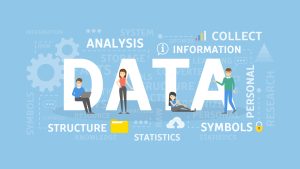
AI can create realistic and diverse test data sets:
a) Synthetic Data Creation: AI algorithms can generate synthetic data that mimics real-world scenarios, ensuring comprehensive testing without privacy concerns.
b) Edge Case Identification: AI can identify and generate test data for edge cases that human testers might overlook.
c) Data Variation: AI can create variations of test data to ensure software performs consistently across different inputs.
By providing more comprehensive and realistic test data, AI helps ensure that software is robust and reliable under various conditions.
4. Visual Testing and UI Analysis
AI excels at detecting visual anomalies and inconsistencies in user interfaces:
a) Layout Testing: AI can quickly identify layout issues across different screen sizes and resolutions.
b) Visual Regression Testing: Machine learning algorithms can detect unexpected changes in the UI, even subtle ones that might escape human notice.
c) Accessibility Compliance: AI can assess UI elements for accessibility standards compliance, ensuring inclusive design.
This capability ensures a consistent and high-quality user experience across different devices and platforms.
5. Performance Testing and Optimization
AI can enhance performance testing processes:
a) Load Simulation: AI can generate realistic user load patterns for performance testing, simulating real-world usage scenarios.
b) Anomaly Detection: Machine learning models can identify performance anomalies and bottlenecks in real-time.
c) Resource Optimization: AI can suggest optimal resource allocation based on performance data analysis.
By leveraging AI for performance testing, tech companies can ensure their products perform well under various conditions and loads.
6. Natural Language Processing for Documentation Testing
AI-powered Natural Language Processing (NLP) can improve the quality of software documentation:
a) Consistency Checking: NLP can ensure consistency in terminology and phrasing across documentation.
b) Readability Analysis: AI can assess the readability of documentation and suggest improvements.
c) Automated Updates: As software evolves, AI can flag outdated sections of documentation for review.
This application of AI helps maintain high-quality, up-to-date documentation, which is crucial for user satisfaction and product adoption.
7. Intelligent Defect Clustering and Triaging
AI can streamline the process of managing and prioritizing defects:
a) Automatic Categorization: Machine learning algorithms can categorize defects based on their characteristics and impact.
b) Duplicate Detection: AI can identify and group duplicate or similar defects, reducing redundant work.
c) Priority Assignment: Based on historical data and defect characteristics, AI can suggest priority levels for each defect.
This intelligent approach to defect management helps QA teams focus their efforts on the most critical issues, improving overall efficiency.
8. Sentiment Analysis for User Feedback
AI-driven sentiment analysis can provide valuable insights from user feedback:
a) Feedback Classification: NLP can categorize user feedback into themes or feature areas.
b) Emotion Detection: AI can detect the emotional tone of user feedback, highlighting areas of frustration or satisfaction.
c) Trend Analysis: Machine learning can identify emerging trends in user sentiment over time.
By leveraging AI for sentiment analysis, tech companies can quickly identify and address user concerns, leading to improved product quality and user satisfaction.
9. Predictive Maintenance for Hardware QA
For tech companies producing hardware, AI can support predictive maintenance:
a) Failure Prediction: Machine learning models can predict potential hardware failures based on sensor data and usage patterns.
b) Optimal Maintenance Scheduling: AI can suggest optimal times for maintenance to minimize downtime and extend hardware life.
c) Anomaly Detection: AI can identify unusual behavior in hardware components that may indicate quality issues.
This application of AI helps ensure the longevity and reliability of hardware products, enhancing overall quality assurance.
10. Continuous Learning and Process Improvement
AI systems can continuously learn and improve QA processes:
a) Test Optimization: AI can analyze test results over time to suggest improvements in test case design and execution.
b) Process Efficiency Analysis: Machine learning can identify bottlenecks and inefficiencies in the QA process.
c) Best Practice Recommendations: Based on successful outcomes, AI can recommend best practices for different types of testing scenarios.
This continuous improvement capability ensures that QA processes evolve and become more effective over time.
Conclusion
The integration of AI into quality assurance processes offers tech companies powerful tools to enhance their product quality, efficiency, and user satisfaction. From automated testing at scale to predictive analytics, visual testing, and continuous process improvement, AI is revolutionizing how tech companies approach QA.
However, it’s important to note that while AI offers significant benefits, it should complement rather than replace human expertise in QA. The most effective QA strategies will likely involve a synergy between AI capabilities and human insight, judgment, and creativity.
As AI technology continues to evolve, we can expect even more innovative applications in the field of quality assurance. Tech companies that successfully leverage AI in their QA processes will be well-positioned to deliver higher quality products, respond more quickly to user needs, and maintain a competitive edge in the fast-paced tech industry.
To fully benefit from AI in QA, tech companies should invest in the necessary infrastructure, train their teams in AI technologies, and cultivate a culture of continuous learning and adaptation. By embracing AI-supported quality assurance, tech companies can not only improve their current products but also pave the way for more innovative and reliable technologies in the future.


